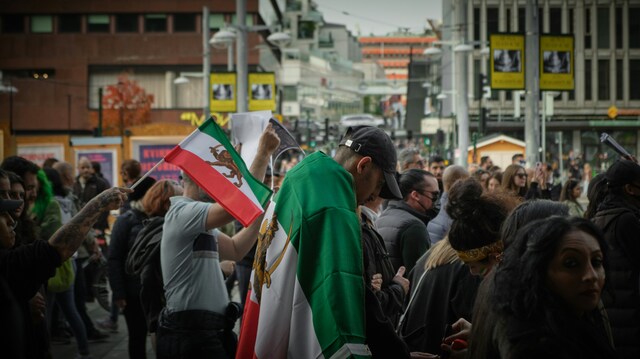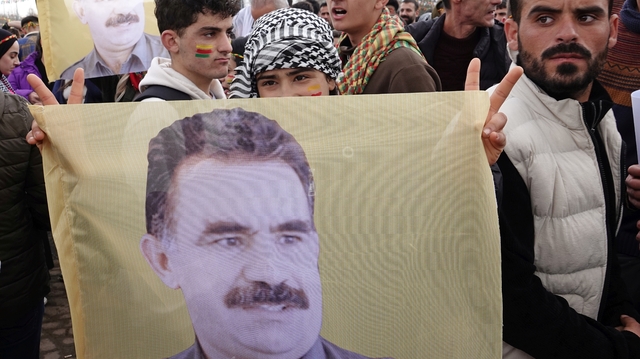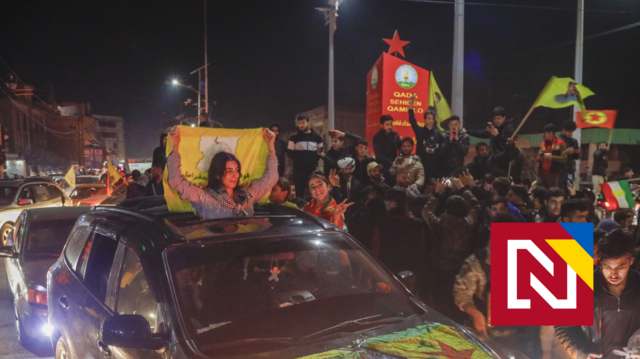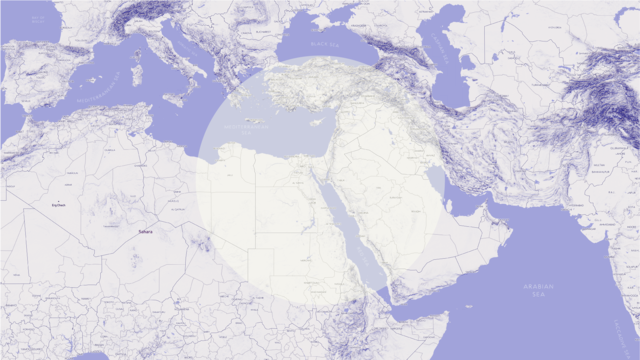Women’s Rights in Saudi Arabia
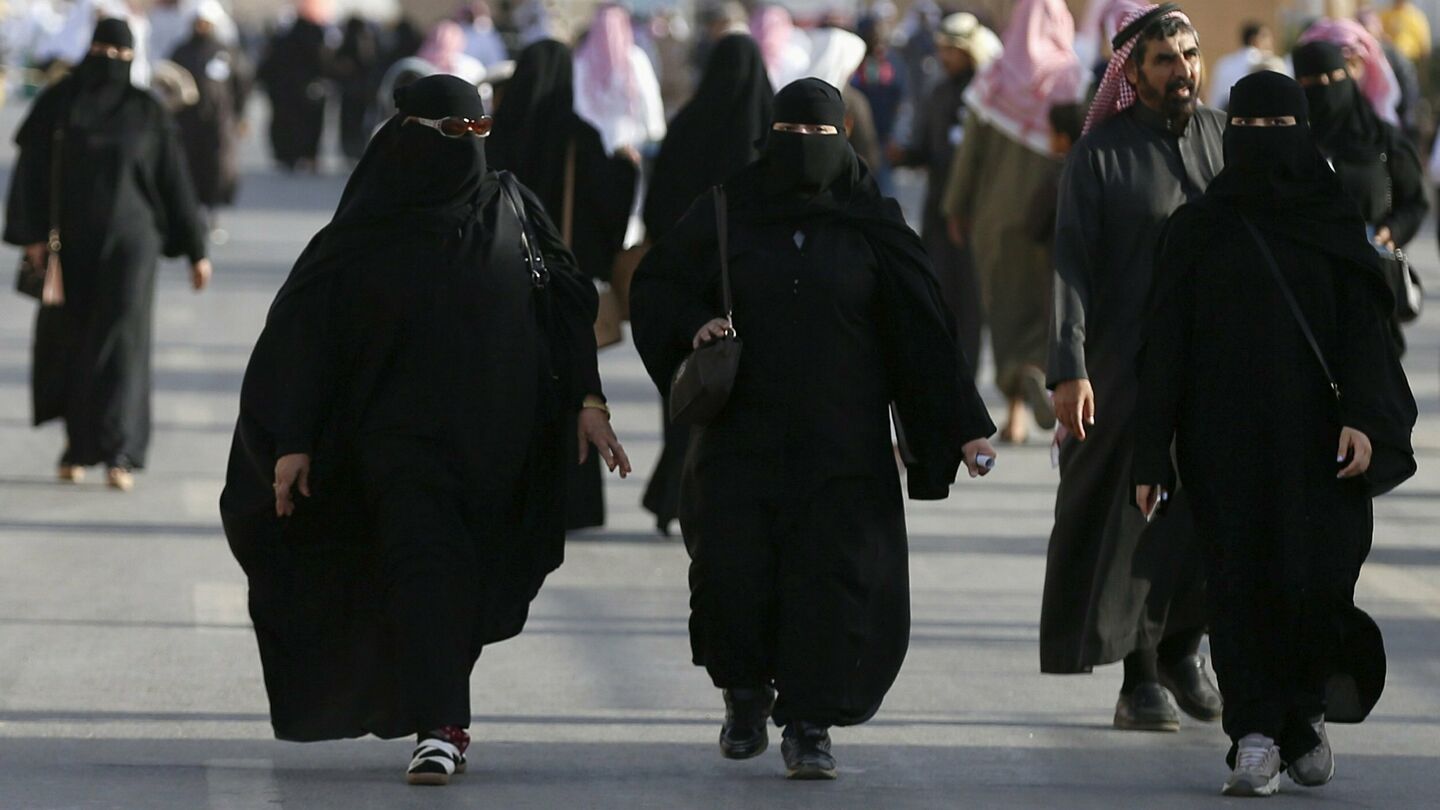
Saudi Arabia is known as one of the most autocratic countries in the world with alarming gender inequality. However, in June 2018, women were finally given the legal right to drive. Does this, along with the other social reforms put forward by the Crown Prince, suggest times are changing for the better and the Saudi society is on its way to modernity and gender equality?
Saudi Women Arrested Weeks before the Lifting of the Driving Ban
In May 2018, authorities in the Kingdom of Saudi Arabia detained four of the women who campaigned for the right to drive, along with four male supporters. Pro-government media outlets displayed their photos online and in newspapers and accused them of being traitors. The arrests, and the negative campaign against those arrested, have been condemned by the international community and by Amnesty International in particular.
It might seem illogical for the authorities to arrest the women six weeks before the driving ban is officially about to be lifted. Nevertheless, according to a state security spokesman, there are multiple and very serious reasons for the imprisonment, such as "suspicious contact with foreign entities to support their activities, recruiting some persons in charge of sensitive government positions, and providing financial support to hostile elements outside the country." He insisted that the women wanted to "destabilize the kingdom and breach its social structure and mar the national consistency." He was most likely referring not only to their alleged illegal and harmful activities, but also to the whole idea of women now being allowed to drive. This goes to show that even though Saudi Arabia is in some ways moving towards modernity and things are starting to change, there is still a lot of progress to be made.
While the Crown Prince’s social reforms (such as the lifting of the driving ban, easing some of the restrictions regarding education, opening of movie theaters, music concerts, and allowing women into sports stadiums) have been praised around the world, the arrests unsettled many women's rights campaigners. When asked, Sydney-based Saudi activist and author Manal Al-Sharif told CNN that they “are back to square one.” She then explained that Saudis “used to live in a police state; if [they] [spoke] up, [they] [went] to jail.” The hopeful outlook that there might now be more freedom granted to women by the Crown Prince is marred by the reality that the women who have campaigned for the driving ban to be lifted "have been intimidated for a long time. They were asked to shut up. Their movements were monitored. Their phones were monitored. Most of them were banned from travel.” This is good evidence that even though it might superficially seem as though times are changing, autocracy and lack of freedom are still very much a reality in Saudi Arabia.
Women’s Rights in Saudi Arabia
The Kingdom is known around the world for its authoritarianism, lack of freedom, and an extreme inequality in the rights of men and women. In fact, The World Economic Forum’s 2016 Global Gender Gap Report ranked Saudi Arabia 141 out of 144 countries for gender parity.3 One of the many reasons for such ranking is the fact that up until June 24, 2018, Saudi Arabia was the only country in the world that enforced the above-mentioned driving ban. The existence of such a law clearly indicates that women are not perceived as full citizens in the Kingdom.
But why exactly is the situation in Saudi Arabia so grim and unfavorable? The patriarchal system and, to only some degree, strong religious beliefs might be at fault. The peninsula was first settled by patriarchal, nomadic tribes which strongly believed in separation of women and men. This approach is still very much ingrained in the Saudi society and therefore, many Saudis do not see Islam as the main impediment to women's rights. In fact, there is a Saudi saying that insists that “it’s the culture, not the religion.” Supporting this claim, Asmaa Al-Muhammad, the editor for Al Arabiya, points out that women in all other Muslim nations, including those in the Gulf area, have far more political power than Saudi women.
Being a patriarchal society, Saudi Arabia enforces a repressive guardianship system which requires women to get the permission of a male guardian (typically a father, brother, husband, or uncle) for almost everything. Some of the things women need approval from their guardian for include: marriage and divorce, travel, education, employment, opening a bank account, and elective surgery, particularly when sexual in nature. The guardianship requirements are not written law; they are applied based on the customs and understandings of particular officials and institutions (hospitals, police stations, banks, etc.). While some Saudi women defend male guardianship as providing protection and love, liberal activists reject guardianship, loving or not, as demeaning to women. They object to being treated like "subordinates" and "children". Saudi activist Wajeha Al-Huwaider even compares male guardianship to slavery.
Women are also obliged to wear hijabs and dress in a modest manner when in the company of men who are not immediate family. They must always cover the parts of their bodies that are awrah (not meant to be exposed). In Saudi Arabia and some other Arab states, all of the body is considered awrah except the hands and eyes.
Even though Western societies often see the dress code as a highly visible symbol of oppression, Saudi women actually place it low on the list of priorities for reform or leave it off entirely. In fact, when they explain why they do not mind covering up, they cite “Islamic piety, pride in family traditions, and less sexual harassment from male colleagues”10 as benefits of the veil.
Further, mingling of the sexes is strongly prohibited in Saudi Arabia. This sexual segregation, which keeps wives, sisters, and daughters from contact with male strangers, comes from the extreme need for female purity and family honor. The mixing of non-kin men and women at parties or other social events is extremely rare. Women who are seen socializing with a man who is not a relative can be charged with committing adultery, fornication, or prostitution. By doing that, the woman is “disgracing” the family, which can result in punishment from her male guardian. In extreme cases, this punishment can be death.
The inequality in the rights of men and women is also harmful to the country from an economic point of view. According to the International Labor Organization, Saudi women constitute only 18.6 % of the native workforce. Critics complain that the segregation of the sexes and unequal access to opportunities result in underutilization of women's skills, especially since females make up 70 % of the students at Saudi universities. However, now that the driving ban has been lifted, women should be able to gain the much-needed mobility to join the workforce and to use their education in practice.
Are Times Changing?
Times appear to be changing for the better for Saudi women. For example, in 2011, King Abdullah let women vote in the 2015 local elections.16 Further, they now no longer need male permission to start a business, and in 2017, King Salman ordered that women have to be allowed access to government services, such as education and healthcare, without the need for consent of their male guardians.
Presently, the changes are led by Mohammad bin Salman, the Crown Prince. One of the reasons for these reforms is the above-mentioned economic necessity. Saudi women are well educated but only a small percentage of them work, which suggests that there is huge untapped potential in the country. Saudi Arabia used to live off its oil, but looking ahead, this will not be sustainable in the future. As a result, more diversified workforce will be of immense importance to the Saudi economy.
Potential problems might arise on account of the fact that the social reforms are very top down, driven by the prince and the royal family. It is ironical that while the prince is enforcing all these reforms, he has simultaneously become more autocratic and the kingdom overall more repressive. Arrests and death sentences have risen sharply in the past year. This greater repression can be explained by rumors of coups swirling around Riyadh on account of many religious puritans not approving of the prince’s social reforms.
The degree to which modernization and liberalization can happen in Saudi Arabia is dependent on more actors and, as a result, might be more difficult to achieve than might initially seem. While progress has been made in the kingdom, there is still a long way to go.
About the Author: Martina Cardová is a rising sophomore at the University of Miami majoring in International Studies with minors in French and Arabic. On campus, she is a member of the Miami International Relations Association, UNICEF, and Girl Up. Martina is passionate about international relations and gathering information about the current global situation. In particular, she has recently been interested in the Middle Eastern area and the issues of terrorism, the refugee crisis, religious and ethnic conflict, and gender in international relations.
Further reading on the topic in our library:
KECHICHIAN, Joseph A. - 'Iffat Al Thunayan - https://goo.gl/JhXhPd
GAUSE, F Gregory III - Saudi Arabia in the new Middle East - https://goo.gl/mJZJCn
WURM, Iris - In doubt for the monarchy - https://goo.gl/kXWky1

